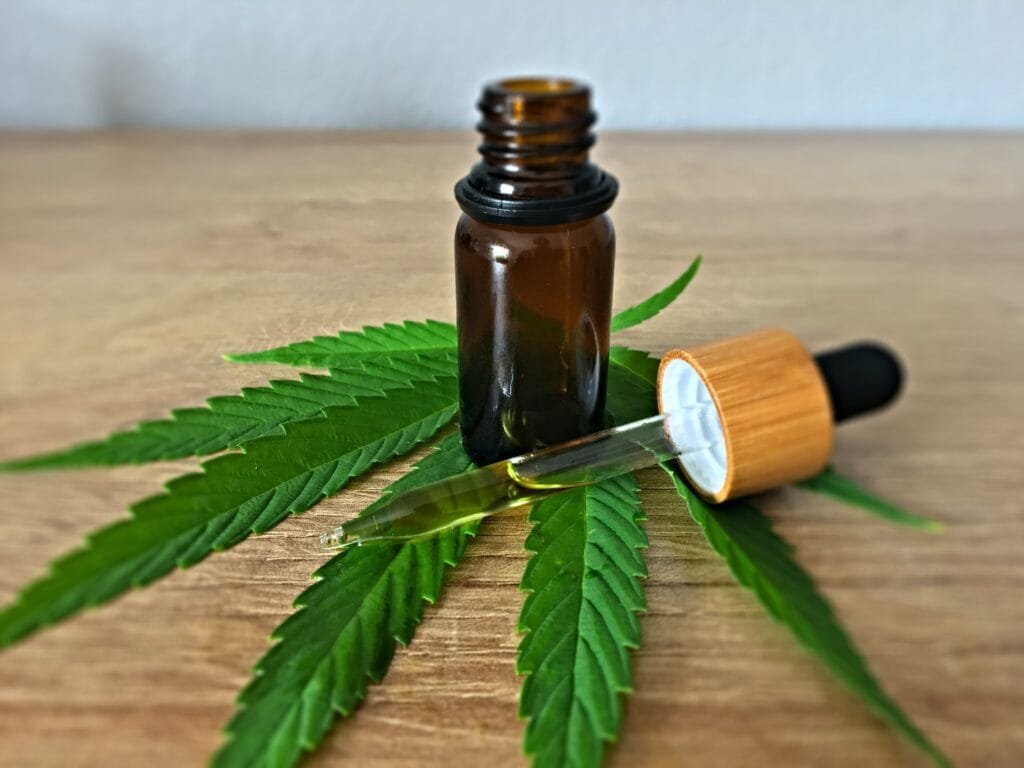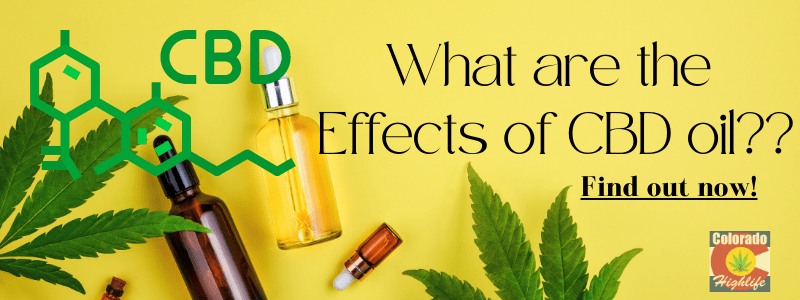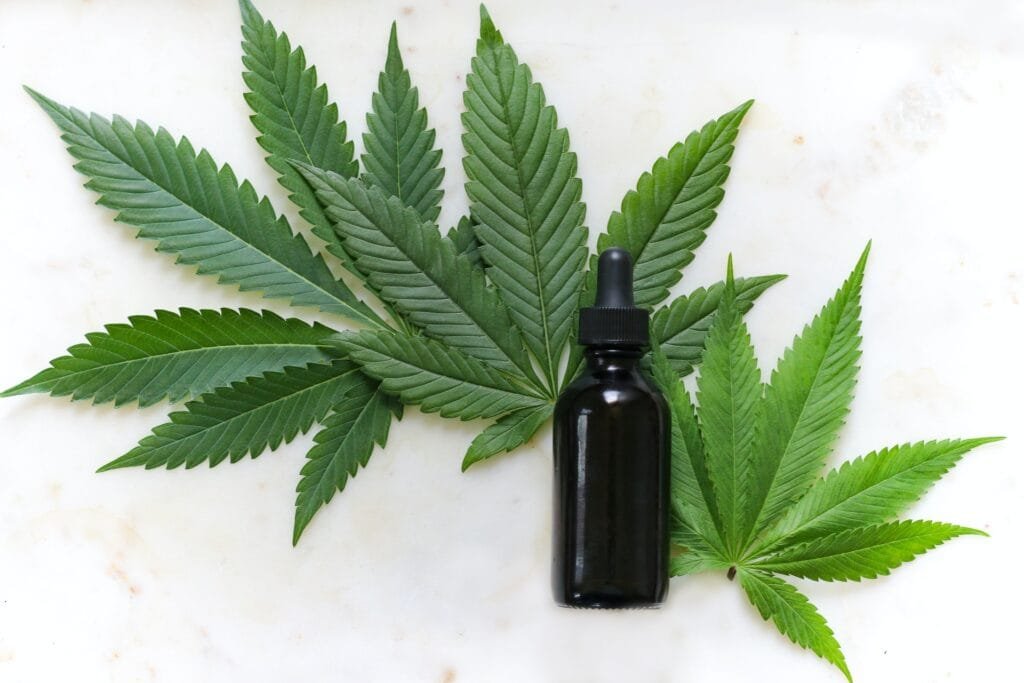What are the Effects of CBD oil? Find out below…
CBD, or cannabidiol, is a compound generated from the hemp plant that has been used for decades to treat everything from epilepsy to chronic pain. CBD oil is being hailed as
1. A miracle cure
2. A natural supplement
3. A remedy for mood disorders – and it seems that there are reports supporting each of these claims.
However, what can’t be ignored are the negative effects of CBD Oil: How do you know if this will have an effect on your body? What side-effects might you see? And finally, does this come with the risk of psychological addiction?
If you needing CBD for Diabetes, click there.

What is CBD Oil?
Cannabis contains over 100 chemical compounds known as cannabinoids ; among them THC (Tetrahydrocannabinol) and CBD (Cannabidiol). These two cannabinoids are found at the highest concentrations, in most strains of cannabis. You can also read some of the articles on How to Vape
THC is the cannabinoid mostly known for its psychoactive effects – this is mainly what people mean when talking about getting ‘high’. Those who use CBD claim that it provides relaxation without any form of intoxication. The reason behind this lies within their interactions with CB1 receptors in our body’s Endocannabinoid System (ECS).
When THC binds to these receptors, it activates them, causing mood alteration and pain relief among other things. By binding to different receptor sites than THC, CBD inhibits the high while still providing many benefits associated with medical marijuana use.
How Does CBD Make You Feel?
Generally, CBD is used to moderate the effects of THC – this means that when you smoke marijuana, CBD can be used to reduce anxiety and paranoia. However, there are also non-psychoactive properties of straining which work independently of CB1 receptors.Is there a proper temperature for vaping weed, and if so, what is the best temp to vape weed?
CBD has been shown to increase serotonin production in your body. The neurotransmitter serotonin plays a huge role in mood regulation; low levels have been linked to depression and anxiety disorders . Serotonin also acts as an appetite suppressant, giving CBD potential for weight loss
Additionally, studies indicate that CBD may slow the speed at which it leaves your system (around 2-3 days). If taken regularly, this could act as a mood stabilizer by keeping the drug active in our bodies long enough to provide therapeutic effects.
Most users report feeling relaxed after taking CBD, however the specific effects will depend on the individual’s mood and what they are using it for. A 2012 study showed that CBD has potential to treat social anxiety . Other studies have shown that this drug may act as an antipsychotic . Additionally, CBD is known for its ability to reduce pain , making it a great alternative for those who find THC too psychoactive or want to avoid getting high.
What Are The Negative Effects of CBD? Can They Be Compared To Getting High?
The negative side-effects of CBD Oil generally consist of dry mouth (a common effect), tiredness and alterations in appetite (which can work either way – increase or decrease).
Additionally, CBD can interact with other types of medication. If you’re taking antidepressants , it’s important to note that CBD will increase serotonin levels in your body and may cause an excess buildup of serotonin.
As with most medications, CBD should not be used by pregnant women. Studies suggest that this could interfere with the development process of a fetus . Additionally, there is no information on how this drug reacts with children or pets; please use responsibly!
Will You Get High?
For those who are worried about getting high, we want to assure you: unless you smoke a whole lot of weed (more than 5 large joints per day), you won’t get high from using CBD Oil. There is still some THC present in CBD, however it is in such small amounts that it won’t cause intoxication.
According to Dr Margaret Gedde, the majority of patients who seek her for CBD treatment are looking for non-psychoactive relief. They frequently report that they don’t want to get high or that they do not like being out of control. This indicates that the demand for CBD Oil has little to do with getting stoned and more to do with reducing symptoms of conditions which cannot be treated effectively with traditional medication alone.
What Is The Legal Status Of CBD Oil?
CBD is legal in most states – but this can vary depending on where you live! Some states may have restrictions on how much THC is present within the product; this means higher prices, lower cannabinoid content and overall less benefits than CBD Oil products which are not subject to the same regulations.

Do We Need Prescriptions For CBD? Is It Safe To Use As A Medicine?
CBD is NOT regulated as a pharmaceutical drug – meaning that you CANNOT receive it via prescription. However, many people find relief through medical marijuana use by obtaining a medical cannabis card . This will allow patients to buy medication at dispensaries or order hemp oil supplements online .
Additionally, numerous studies have shown the efficacy of this product for treating symptoms related to cancer , epilepsy , sleep disorders, chronic pain and other serious conditions/illnesses. Like any medicine, there are contraindications associated with CBD that should be researched before taking. The best way to do this is by visiting a local dispensary and having a medical professional explain potential risks/contraindications, as well as benefits.
CBD oil has shown positive results for those suffering from anxiety, depression and many other serious conditions – but it’s important to note, not all users will experience the same effects! This drug must be used responsibly and under supervision of a medical professional.


